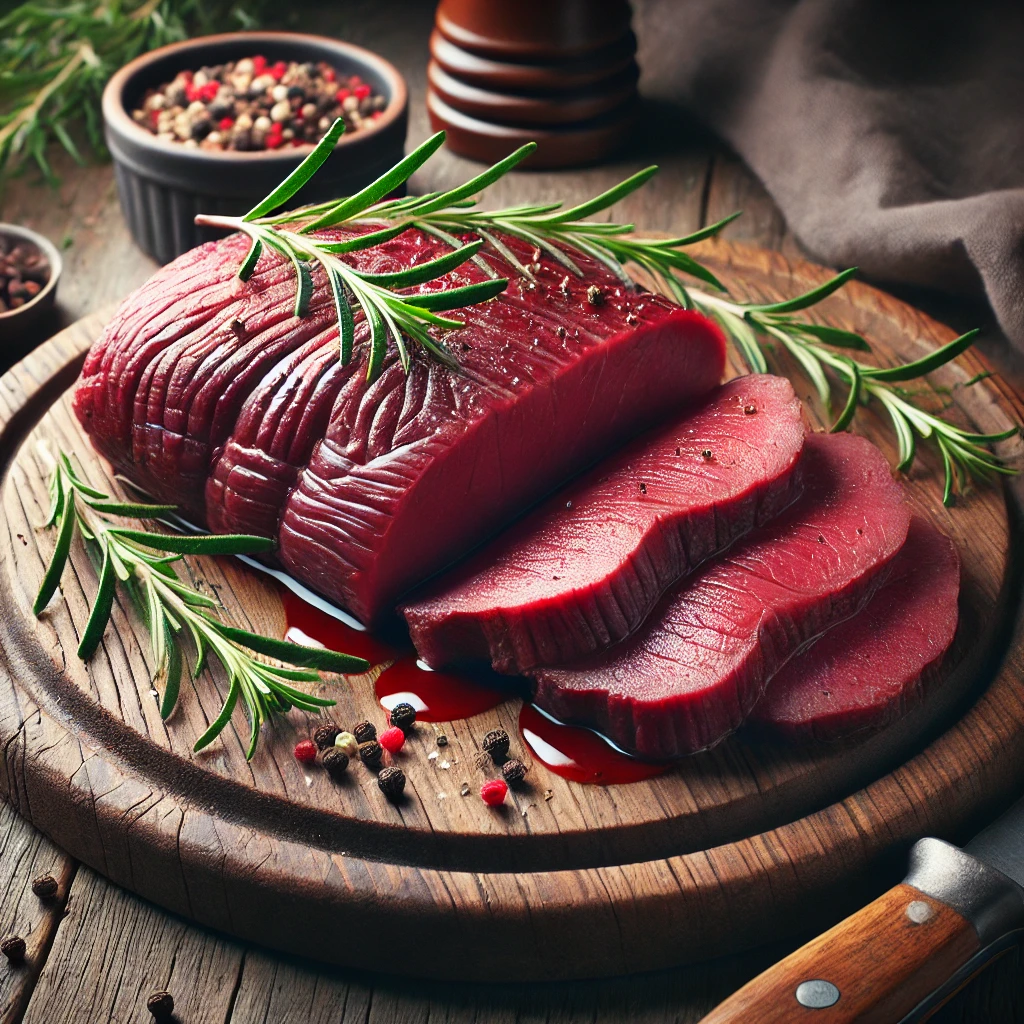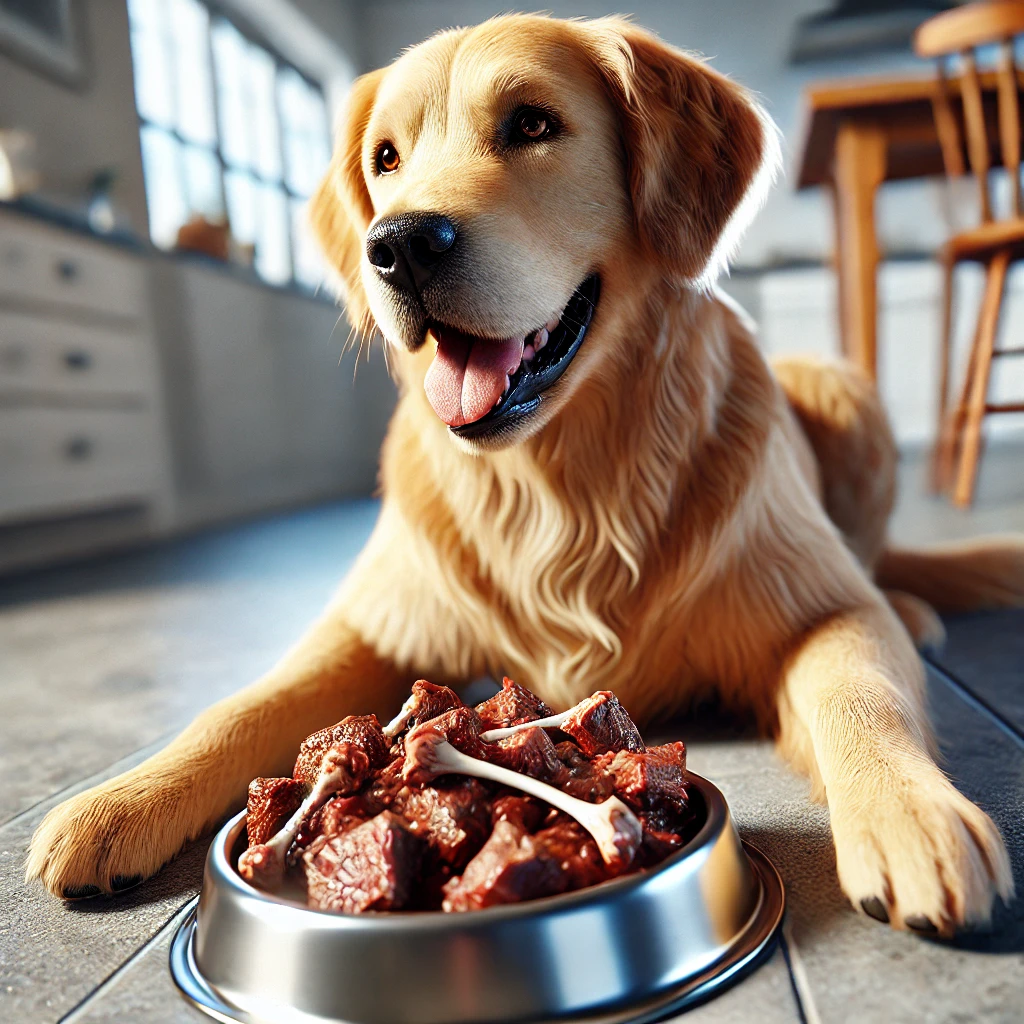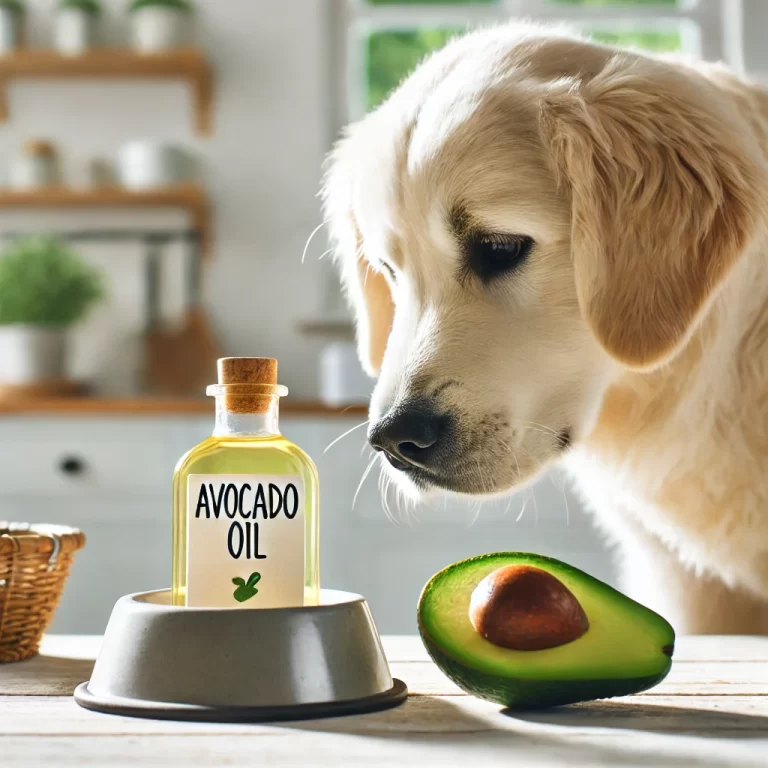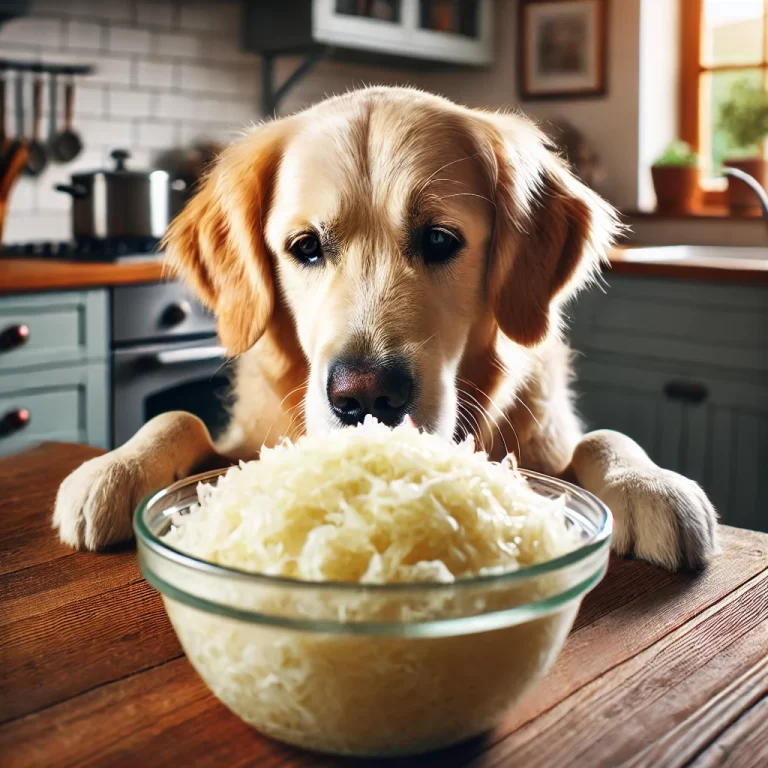Is Deer Meat Good for Dogs?
When it comes to providing the best diet for our furry companions, many dog owners explore alternative protein sources beyond traditional chicken or beef. One such option that has gained popularity is deer meat, also known as venison. But is deer meat good for dogs? Can dogs eat venison safely, and what are the benefits and potential risks? In this article, we’ll dive deep into the topic to help you make an informed decision.
The Nutritional Benefits of Deer Meat for Dogs
Deer meat is a lean, high-protein meat that offers numerous nutritional benefits for dogs. Here are some key advantages:
1. High-Quality Protein Source
Venison is packed with high-quality protein, which is essential for muscle development, tissue repair, and overall energy levels. Unlike some commercial dog foods that contain fillers, venison provides pure protein without unnecessary additives.
2. Low in Fat and Calories
Compared to traditional meats like beef or pork, venison is lower in fat and calories. This makes it an excellent choice for dogs that need to maintain a healthy weight or those prone to obesity.
3. Rich in Essential Nutrients
Venison is loaded with essential vitamins and minerals, including:
- Iron – Helps support red blood cell production and oxygen transport.
- Zinc – Boosts immune function and aids in wound healing.
- B Vitamins (B6 & B12) – Promote a healthy metabolism and nervous system function.
- Omega-3 Fatty Acids – Contribute to healthy skin, coat, and joint health.
4. Novel Protein for Allergy-Prone Dogs
Many dogs suffer from food allergies or sensitivities to common protein sources such as chicken, beef, or lamb. Venison is considered a novel protein, meaning it is less likely to trigger allergic reactions, making it an excellent option for dogs with dietary sensitivities.
5. Great for Active and Working Dogs
If your dog is highly active or a working breed, venison is a nutrient-dense option that can support their high energy demands without unnecessary fats or fillers.
Potential Risks of Feeding Deer Meat to Dogs
While venison has numerous benefits, there are some important precautions and risks to consider before adding it to your dog’s diet.
1. Risk of Bacterial Contamination
Raw deer meat may contain harmful bacteria like Salmonella or E. coli, which can cause digestive upset or infections in dogs. Always ensure the meat is properly handled and cooked before feeding it to your pet.
2. Presence of Parasites
Wild deer can carry parasites, including tapeworms and other harmful organisms. If you are sourcing deer meat from a hunter or game processor, it is crucial to freeze or cook the meat thoroughly to eliminate any potential parasites.
3. Potential for High Mercury Levels
Some wild game meats, including venison, may contain higher mercury levels depending on the region they come from. While occasional consumption is safe, excessive amounts could lead to health issues over time.
4. Risk of Bones and Sharp Fragments
If you are feeding raw or processed deer meat, be cautious about bones. Cooked bones, in particular, can splinter easily, posing a choking hazard or causing internal injuries. Always remove bones before feeding deer meat to your dog.
How to Safely Introduce Deer Meat into Your Dog’s Diet
If you decide to feed venison to your dog, here are some best practices to ensure safe consumption:
1. Cook the Meat Properly
Cooking venison thoroughly can eliminate harmful bacteria and parasites. Avoid using seasonings, onions, garlic, or excessive oil, as these can be toxic to dogs.
2. Start with Small Portions
Whenever introducing a new protein, start with small amounts to see how your dog reacts. If no digestive issues occur, you can gradually increase the portion.
3. Choose High-Quality Sources
Opt for human-grade venison from reputable sources. Avoid roadkill or meat from unknown origins, as it may contain toxins or diseases.
4. Watch for Allergic Reactions
Even though venison is a novel protein, some dogs may still have sensitivities. Keep an eye out for symptoms like itching, digestive upset, or skin irritation after introducing deer meat.
5. Consider Commercial Venison-Based Dog Foods
If you want to incorporate venison into your dog’s diet without the hassle of preparing raw meat, many high-quality commercial dog foods offer venison-based formulas that are balanced and safe for daily feeding.

Frequently Asked Questions (FAQs)
1. Can dogs eat raw venison?
Yes, but with caution. Raw venison can contain bacteria and parasites, so it should be sourced carefully, frozen for safety, or cooked to reduce health risks.
2. How often can I feed my dog deer meat?
Venison can be fed a few times a week as part of a balanced diet. However, it should not be the sole protein source unless properly formulated with other nutrients.
3. Is venison good for dogs with allergies?
Yes! Venison is a novel protein that is less likely to cause allergic reactions, making it a great choice for dogs with food sensitivities.
4. Can puppies eat venison?
Yes, but it should be introduced gradually and included as part of a well-balanced puppy diet to ensure they receive all necessary nutrients.
5. Is venison better than chicken or beef for dogs?
It depends on your dog’s needs. Venison is leaner and hypoallergenic, making it great for weight management and allergy-prone dogs. However, chicken and beef are often more affordable and widely available.
Final Verdict: Is Deer Meat Good for Dogs?
Yes, deer meat is a great option for dogs when fed correctly. It’s a high-protein, low-fat, nutrient-rich alternative to common meats and is especially beneficial for dogs with food sensitivities. However, it is important to take proper precautions by sourcing high-quality meat, cooking it thoroughly, and avoiding bones.
By following safe feeding guidelines, venison can be a nutritious and delicious addition to your dog’s diet. If you’re unsure about introducing deer meat to your pet, consult with your veterinarian to ensure it aligns with your dog’s unique dietary needs.
Would you consider adding venison to your dog’s meal plan? Let us know in the comments below!







